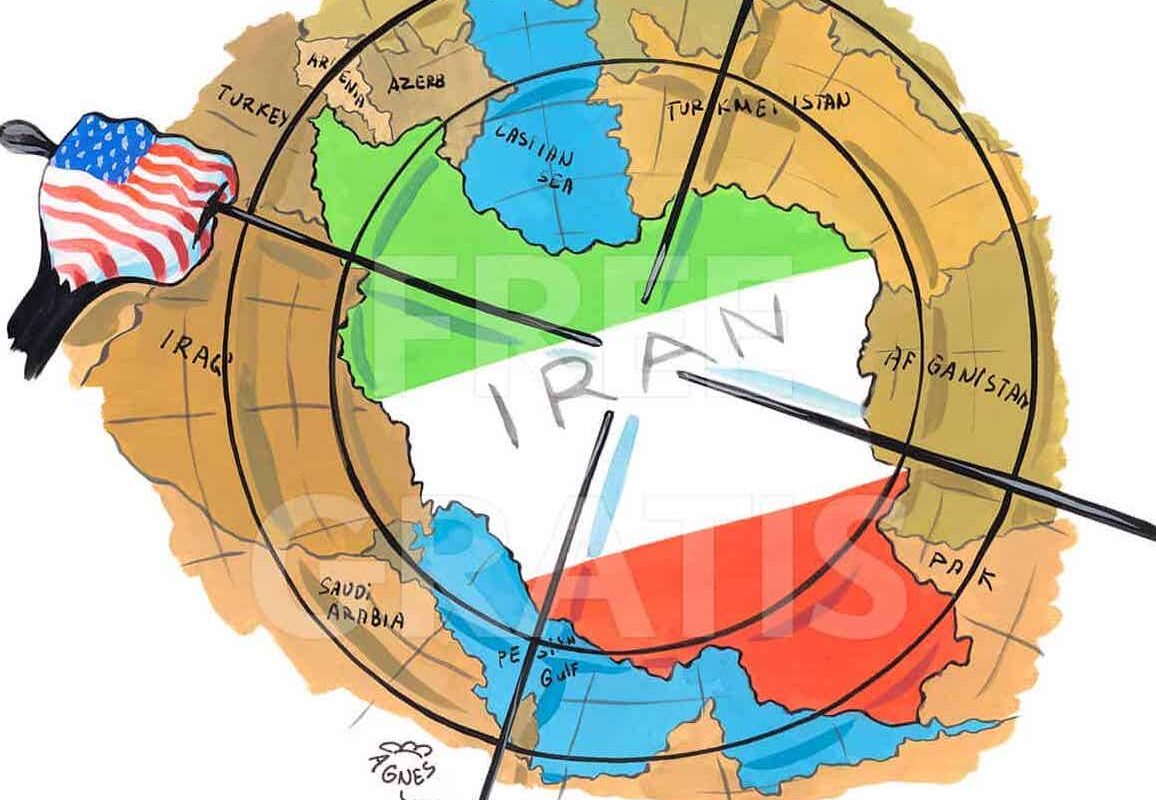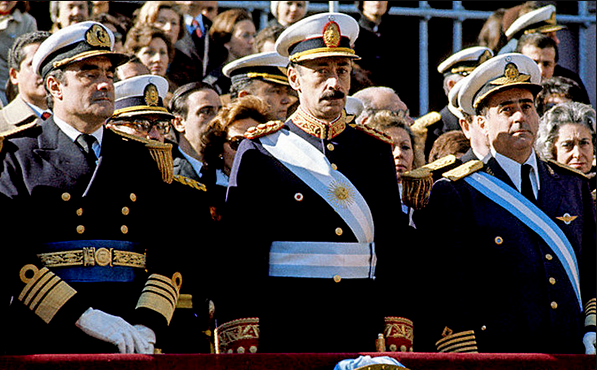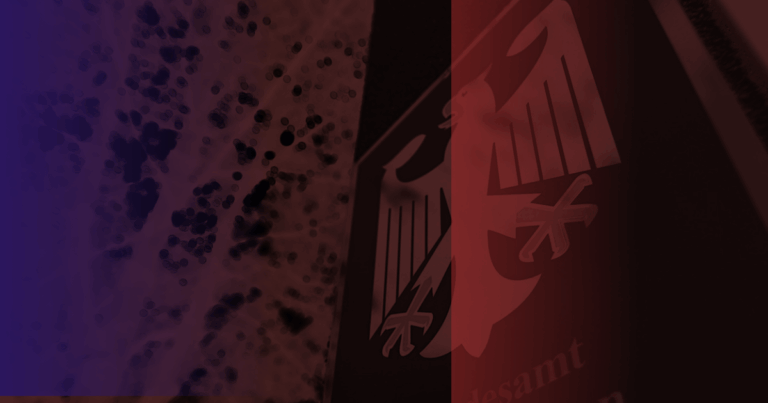Irish composer (and occasional German resident) Raymond Deane has written an open letter to Ireland’s ambassador to Israel, condemning Ireland’s continued support for Israel. The open letter is below, but first Raymond has written some background information for theleftberlin.com on Ireland’s relationship to Palestine.
Ireland is probably the EU country most sympathetic to the Palestinian cause. This has a clear historical basis. Arthur Balfour, who in 1917 signed the Declaration naming Palestine “a national home for the Jewish people”, had 30 years earlier earned the nickname “Bloody Balfour” as colonial supremo in Ireland and opponent of Irish Home Rule. On Irish (partial) independence in 1922, the brutal Black and Tan paramilitaries were transferred from Ireland to British-occupied Palestine. The partition of Ireland (1921) and that of Palestine (1947) have caused endless bloodshed.
While this solidarity runs deep among Irish people, successive governments have faced the quandary of how to reflect it superficially while simultaneously appeasing their overlords in Washington and Brussels (or Berlin). This compares with Ireland’s traditional commitment to “military neutrality” to which successive governments have paid lip-service while simultaneously allowing Shannon Airport to be used by the US Air Force, joining NATO’s Orwellian “Partnership for Peace”, and supporting moves towards the creation of an EU army.
In 2018 Senator Frances Black tabled the Occupied Territories Bill criminalising trade with territories deemed occupied under international law. This was supported by the entire Senate and by all political parties except the right-wing Fine Gael – which, unfortunately, happened to be in government, and is still the major component in a three-party coalition. Foreign Affairs minister Simon Coveney blocked the legislation, citing a legal opinion from the Attorney General claiming that the bill would break EU trade law – an opinion widely discounted by legal experts.
In May 2021 the Dáil passed a motion tabled by the centre-left Sinn Féin party declaring that the building of Israeli settlements in occupied Palestinian territories constitutes de facto annexation. Clearly the government felt unable to resist popular sentiment again in the aftermath of Israel’s latest onslaught on Gaza. However, Coveney inserted an amendment condemning “the violent acts of Hamas and other militant groups, including the firing of rockets and incendiary devices from Gaza into Israel, [and] the disproportionate and indefensible response of Israel bombing civilians…” Armed resistance to oppression, although mandated under international humanitarian law, is condemned as the cause of Israel’s “disproportionate… response.” It was assumed that Sinn Féin would reject it and the bill be shelved, but Coveney’s bluff was called and – rightly or wrongly – the amendment was accepted.
The outrage from Israel and its unconditional defenders was predicable. Notable among the latter was the former Fine Gael minister for “justice, equality and defence” Alan Shatter, who in an incendiary article in the Jerusalem Post on June 1, referred scurrilously to “the motion’s antisemitic objective of achieving a Judenrein [sic] east Jerusalem and West Bank” and compared Ireland to Iran!
In the same paper three weeks later, the Irish ambassador to Israel Kyle O’Sullivan tried to undo the damage Shatter’s undiplomatic piece may have occasioned, but without overtly disagreeing with him. In turn, I wrote the following reply to Mr. O’Sullivan and copied it to Minister Coveney. I am still awaiting a reply from either gentleman:
The letter
Your Excellency, Ambassador O’Sullivan:
As an Irish citizen, I wish to object in the strongest terms to your article Ireland pushes Israel to resolve the Palestinian conflict, published in the Jerusalem Post on 23d June. Your protestations of “friendship” and “respect” for a rogue state like Israel are an affront to the victims of that state’s oppression, and imply contempt for the norms of international law and international humanitarian law of which Israel is flagrantly in breach.
Your contention that “[p]eople who live with the threat of terrorist attacks and atrocities… cannot afford to look at things in the same way as people who do not live with this threat” is clearly meant as an apology for the deeply-felt solidarity with the Palestinian cause felt by so many conscientious Irish people. It fails to contextualise Palestinian acts of resistance within the framework of Israel’s ongoing occupation and colonisation of Palestinian lands, and its disposession and disenfranchisement of Palestinian people.
Clearly your willingness to shift the blame for Israel’s criminality on to the shoulders of its Palestinian victims complies with Irish government policy: one recalls the amendment to that effect with which the government vainly attempted to palliate the recent Dáil motion condemning the settlements as de facto annexation.
Your distinction between “a sovereign state defending itself, and a terrorist group indiscriminately attacking civilians” constitutes a tendentious and one-sided interpretation of the relationship between Israel and (specifically) the Gaza Strip that is open to several objections.
Firstly, it is questionable to describe a state such as Israel that has no clearly defined and internationally accepted borders as “a sovereign state”, particularly when it extends its supposed sovereignty to colonial settlers living illegally within occupied territories.
Secondly, the phrase “defending itself” again attributes victim status to Israel, whereas under international law its stance towards the Palestinian people is defined as “belligerent occupation”.
Thirdly, the description of Hamas as “a terrorist group”, while reflecting US and EU policy (no testimony to its accuracy), omits any recognition of the fact that in 2006 Hamas won an election described as “free and fair” by observers such as former US president Jimmy Carter, although the adjective “free” hardly applies to an election taking place under occupation. The profoundly anti-democratic refusal of the US and EU to accept the result of that election and the refusal of the Ramallah regime to accept Hamas’s offer to share power can be blamed for much subsequent bloodshed.
Fourthly, you fail to mention that under international law Palestinians under occupation have the right to armed resistance.
Fifthly, the assertion that Hamas “indiscriminately attack[s] civilians” implies that Israel is innocent of such attacks. The reality is that Israel’s periodic assaults on Gaza – in particular its bombardments of high-rise buildings – have caused predominantly civilian fatalities and injuries. Further: if Israel’s slaughter of civilians is not indiscriminate, then it is intentional and calculated, and its criminality all the greater.
Sixthly, you fail to mention that since 2007 Israel (abetted by successive Egyptian dictatorships) has imposed a blockade on Gaza that was condemned by the UN in 2008 as collective punishment and described by former UN Special Rapporteur Richard Falk as a crime against humanity. In 2010 Micheál Martin, then minister for foreign affairs and now Taoiseach, described the blockade as “inhumane and unacceptable” – an assessment that our government appears to have conveniently forgotten.
You assert that “the Irish government has always supported Israel’s right to exist, including with its Jewish character, and its right to defend itself in accordance with international law.”
This again raises a number of questions.
Firstly, it is universally accepted under international law that no state has a “right to exist.” Use of that phrase by Israel’s unconditional defenders translates as “Israel’s right to exist as an apartheid state and belligerent occupier of Palestinian lands”. If the Irish government supports this non-existent “right”, then it is complicit in Israeli abuses of that “right.”
Secondly, it is startling – if true – that the Irish government supports Israel’s purported “Jewish character,” an ethnocentric and sectarian designation comparable to describing Northern Ireland as “a Protestant state for a Protestant people”. This “Jewish character” was enshrined in Israel’s racist 2018 Nation-State Law which was condemned by the UN, the EU and the entire Arab world. Is the Irish government now standing apart from this consensus, and if so, has it informed the Irish people of the fact?
Thirdly, it is quite clear that Israel’s actions, whether or not one can characterise them as “self-defence,” are not “in accordance with international law.” Indeed no state on earth has violated more UN Security Council and General Assembly resolutions, and Israel has even rejected the applicability of the Fourth Geneva Convention to its policy of colonial settlement, now established as “a national value” by the Nation State Law.
Further: you claim that the Irish and Israeli governments “agree that international relations should be based on the principles of the UN Charter, and that government should be based on the rule of law, on democracy and on respect for human rights and human dignity. When we differ, we differ about the application of these principles and values in a particular case, not about the principles themselves.”
Regarding the latter point, it is fallacious to make a distinction between the acceptance of principles and their application. The ultimate consequence of such logic is that any crime is acceptable as long as those perpetrating it believe themselves above the law.
The remainder of your formulation is equally vacuous. Article 1 of Chapter 1 of the UN Charter calls for “respect for the principle of… self-determination of peoples”. The very foundation of the state of Israel in 1948 entailed the suppression of the Palestinian people’s right to self-determination, and the 2018 Nation-State law explicitly confines that right to Jewish people.
The rule of law in Israel/Palestine is twofold: one set of laws for Jews, and another for Palestinians – whether resident in “sovereign” Israel or under occupation. There is a word for such a system, a word recently deployed by Human Rights Watch and by the Israeli human rights organisations B’tselem and Yesh Din: that word is apartheid, and it is conspicuously absent from your article. To suggest that the “human dignity” of those living under such a system is respected is another insult to those whom the Israeli state has robbed of everything except self-respect.
Equally absurd is your reference to “states like Ireland and like Israel who do not have the geopolitical muscle to simply impose their preferences”. Israel possesses illicit nuclear weapons and can draw on the full “geopolitical muscle” of the USA – not to mention the diplomatic and trading muscle of the EU – to “impose its preferences.”
You assert that “[n]o other workable and decent alternative has been proposed than a two-state solution…”
This is factually dubious: potentially workable and decent proposals for a single democratic and non-sectarian state have repeatedly been put forward down the years, most recently the joint Israeli/Palestinian One Democratic State Campaign; on the other hand, no practicable blueprint for achieving a “workable and decent” two-state alternative has been outlined, nor has such an alternative ever been unambiguously accepted by any Israeli government. At a time when even Leo Varadkar [leader of Fine Gael] is mooting the possibility of a united Ireland, your enthusiasm for the ongoing partition of historic Palestine is a little mysterious.
Finally, you assert that “[t]he Irish government opposes any form of sanctions or boycotts against Israelis or Israel”. This hardly comes as a surprise. Israel has been in violation of the human rights clause (Article 2) of the EU-Israel trade agreement ever since it was signed in 1995, yet has suffered no consequences. Indeed in 2019 the EU Commission refused even to register a Citizens’ Initiative aimed at “stopping trade with Israeli settlements.” The Irish government has refused to ratify Senator Frances Black’s Occupied Territories Bill on the basis of unpublished legal advice apparently suggesting that EU trade law trumps international humanitarian law.
The government’s blanket opposition to “any form of sanctions” actually constitutes an unprecedented guarantee of impunity for the Israeli state, while the rejection of boycott flies in the face of Irish history from the days of the Land League to the exemplary campaign against South African apartheid. Would the current Irish government have opposed the latter campaign? One can only speculate…
Your claim “that in Ireland there is widespread public sympathy for the humanitarian situation of the Palestinian people” disingenuously attempts to depoliticise our solidarity with a people whose violent disposession and colonisation bears so many parallels with our own history. As long as the Irish government persists in distancing itself from such solidarity, it will be open to the accusation of complicity with Israel’s politics of oppression. The imposition of sanctions on Israel is the only acceptable way to bring civil society’s campaign of boycott and divestment to an end.
Yours sincerely –
Raymond Deane
Dublin



